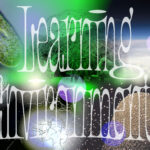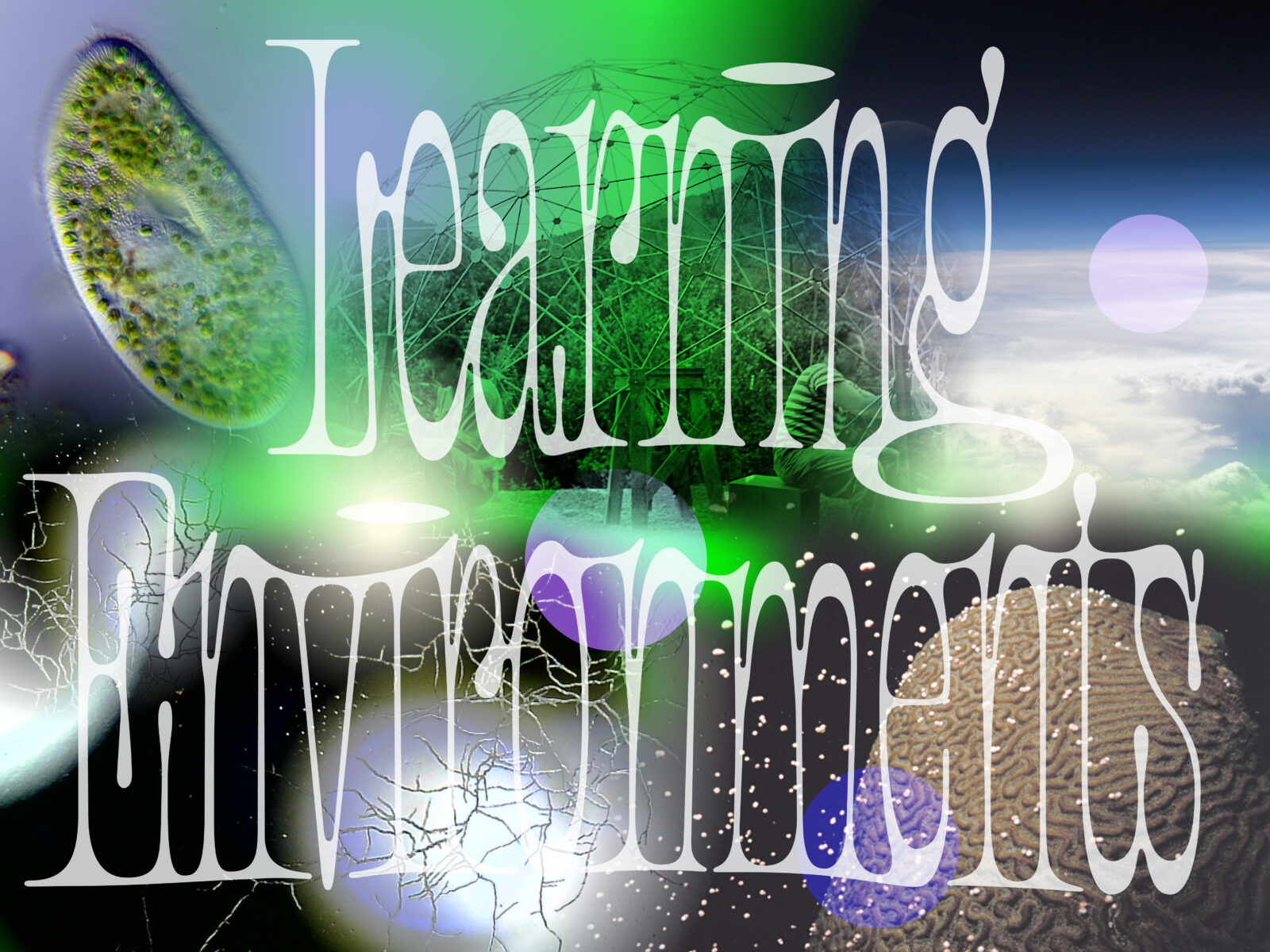Fri, 24 October 2025
// Bauhaus Museum Dessau
11 am – 11:15 am
Welcome + Introduction
Regina Bittner, Vera Lauf
11:15 am – 12 pm
Keynote Lecture
Activating Architectural Archives, Writing Environmental Histories
Kim Förster
In his keynote lecture, Kim Förster will discuss institutional work and networks, drawing upon the Architecture and/for the Environment project (2017–18), which he conceived and led at the Canadian Centre for Architecture, particularly the design and collaborative implementation of the research, as well as the activation and critical examination of collections. Building upon the legacy of the CCA, the project extended beyond the traditional scope of architectural histories by integrating environmental perspectives. The initiative, funded by the Andrew W. Mellon Foundation, emphasized the dialogue between architecture and environmental humanities, addressing themes related to energy, materials, and more-than-human narratives.
12 – 1:30 pm
Roundtable 1
Empathy + Care
Lilo Viehweg (moderation), Valena Ammon, Randi Rojas Díaz, Elena Falomo, Alexandra Liakhavets, Hira Rasool
Finding collective empowerment in intimate crafting histories and unlearning environmental pedagogies, searching for connection in soil, plant and water bodies in post-industrial landscapes beyond toxic wastelands. This panel engages with the topic of empathy and care through the lens of human-more-than human entanglements. In it, empathy and care are highly situated practices and not without ambivalence, negotiations towards more sensitive relationships. In a collective deep reading and listening session this panel will give insides into what it means to stay with the trouble from multiple perspectives.
1:30 – 2:30 pm
Lunch Break
2:30 – 3 pm
Workshop Presentation
Weaving Scales
Iva Rešetar / Bastian Beyer with participants of the COOP Design Research program
Co-Weaving Biofilms is the outcome of an interdisciplinary collaboration between the research fields of architecture and design, microbiology, and materials sciences at the Cluster Matters of Activity. Challenging the energy-intensive and extractive practices of conventional cellulose production, it intertwines scales to construct hybrid textiles between the bacterial and the human. Building on the Co-Weaving Biofilms project, the workshop delved into the question of scales and invited students of the COOP Design Research program to trace the histories of cellulosic materials and to map their scales as deeply relational—considering their extraction and fabrication, and their afterlife across domestic, infrastructural, and environmental contexts.
3 – 4:30 pm
Roundtable 2
Co-Existing /Co-Habitation
Mara Trübenbach (moderation), Jabili Sirineni, Alina Paias, Lily Chishan Wong
The roundtable “Co-habitation/Co-existence” explores how humans imagine, shape, and subjugate nature. From romanticized visions of plants to their domestication and engineering, we question the impulse to control ecology and resources. We will discuss shifting definitions of “nature” and alternative approaches in history, architecture, and curatorial practice, while inviting the audience to join a collective drawing exercise based on images we present, to rethink how we conceive our coexistence with other living beings.
4:30 – 5 pm
Coffee Break
5 – 6:30 pm
Impulse Lecture + Film
Ursula Biemann „Forest Mind“ (2021)
Etienne Turpin (introduction)
Swiss artist Ursula Biemann’s video essays are renowned for their ability to relay shifting territories of overlapping material and ideational complexity. In Forest Mind, the artist takes up questions of mind and cosmology at the intersection of art, science, and spirituality. As with the eponymous book publication, subtitled “On the Interconnection of All Life,” this video essay invites viewer to reimagine the world as a plurality of lifeforms all in constant, indelible interaction. For the event, Biemann’s long-time collaborator Dr. Etienne Turpin will provide a brief introduction to the film, situating it within the broader arc of her cosmological inquiry.
6:30 – 9 pm
Eating Sustainably
Urbane Farm
Sat, 25 October 2025
// Bauhaus Museum Dessau
10 – 10:30 am
Guided Tour through the exhibition
Bauhaus Ecologies
Regina Bittner, Vera Lauf
Although the Bauhaus is now also associated with the destructive consequences of modernism, the avant-garde artists of the 1920s were already thinking about the future of nature, the environment, climate and landscape. In their search for cultural forms of expression for modernity, the Bauhaus artists were inspired by various schools of thought, including biocentrism, natural philosophy, holistic fantasies and organicism. Bauhaus Ecologies shows how ecological considerations were combined with design issues between science and art, technology and design at the Bauhaus.
10:30 – 11 am
Studio Zagreb
Ecologies of Absence: Learning from Fragments
Nikola Bojić, Ivan Skvrce, Marko Tadić (mentors), Helena Birin, Leonarda Budak, Marija Jakupanec, Jura Momčilović, Klara Moslavac, Mihaela Spiegl, Tonka Sušec, Sara Trlek, Majda Vukalović, Nika Zdunić
To work with collections is to confront not only what is present and preserved, but also what is absent and lost. These gaps are not merely deficits; they point to structures of exclusion and (in)visibility that shape cultural memory. They ask whether fragments can become active models for learning, and whether forms such as friendships, memories, and gestures of care can guide us in thinking about ecology, responsibility, and shared futures. Collections are not static repositories, but learning environments – ecologies in which human and non-human, personal and collective, past and present, remain fragmented and incomplete, yet living and entangled. A student research group at the Academy of Fine Arts in Zagreb (ALU) engaged with Otti Berger’s textile fragments, Ivana Tomljenović’s experimental film, and the correspondence of Marie-Luise Betlheim and Lou Scheper, three Bauhaus-related collections from the partner institution, the Museum of Contemporary Art in Zagreb (MSU).
11 am – 12:30 pm
Panel Discussion
Collection Ecologies
Catarina Madruga (moderation), Regina Bittner, Vera Lauf, Vesna Meštrić, Cvetka Požar, Maja Vardjan
Nature has long inspired art, design, and technology, while museums are spaces that exist as separated from “nature,”. This panel examines “collection ecologies”, exploring how stored and displayed objects reveal their environmental contexts—through both iconic and everyday items. Guests will discuss how collections can address today’s ecological concerns: Which objects help rethink human–nature relations? How can past collections relate to current climate issues? And how are ecologies and ecological activism represented in exhibitions?


